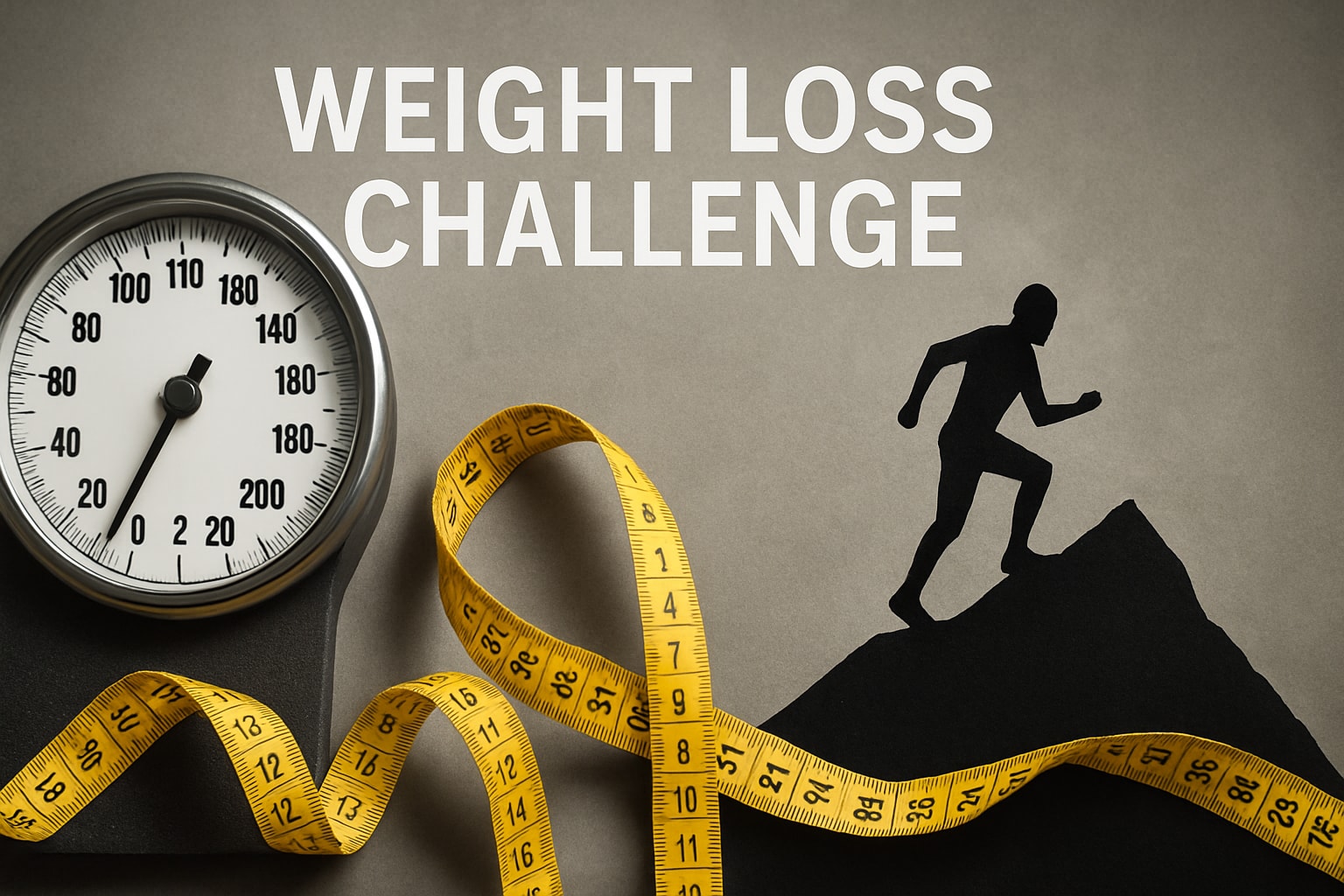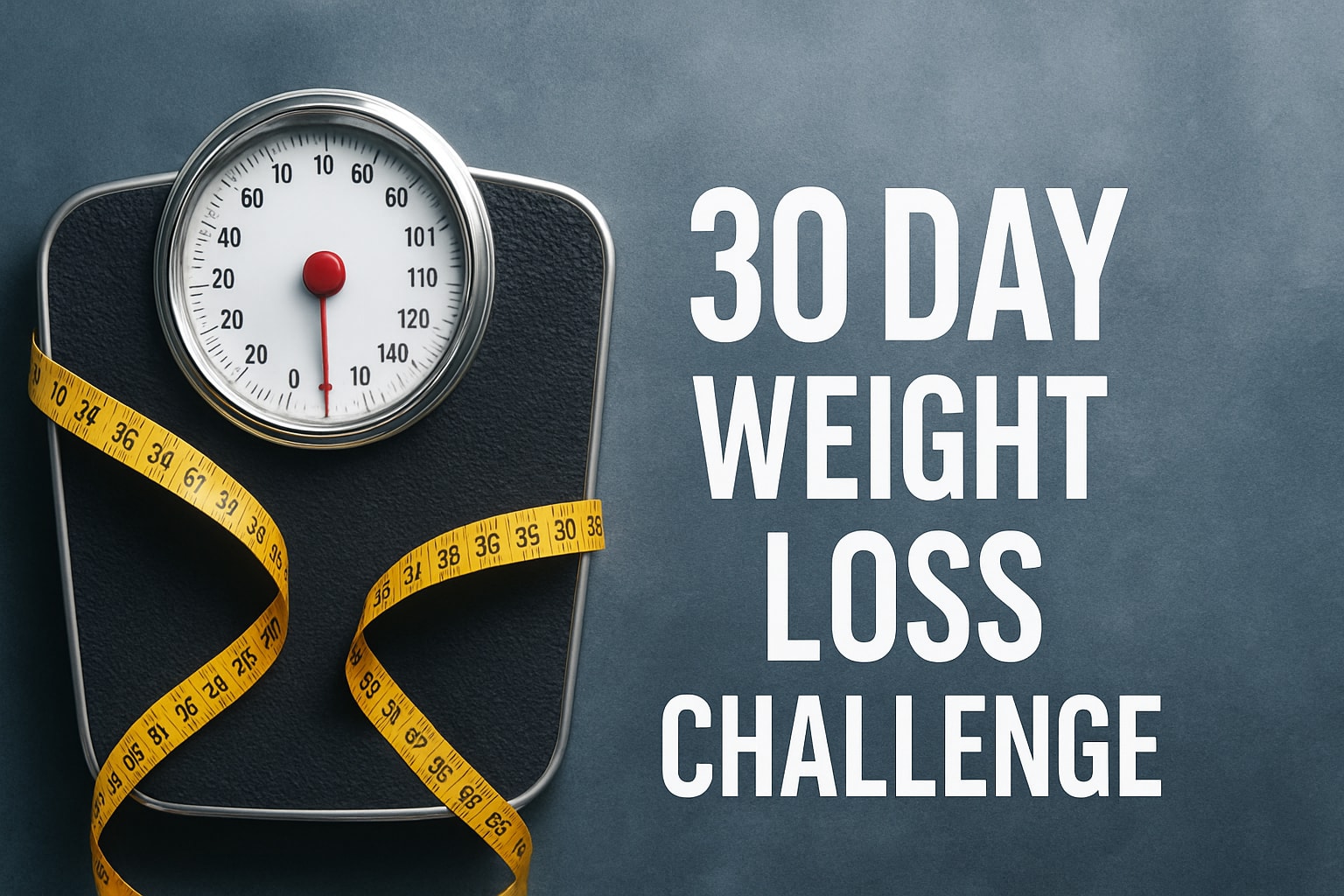A Holistic Approach to Stress and Anxiety Management
Stress is one of the biggest health problems of our time. Almost a third of people in the world feel stressed, while 284 millions suffer from anxiety. If you’re one of them, you might have grown frustrated with finding stress and anxiety management that addresses your mind, body, and spirit.
Holistic stress management solves that problem. It is a global approach that deals with stress by considering the whole person. This includes physical, mental, emotional, and spiritual aspects of an individual's life.
This article will walk you through holistic stress management techniques to help you regain control of your well-being.
Grasping the Concept of Stress and Anxiety
Defining Stress and Anxiety
Stress is a set of physical and physiological reactions of the body when facing a stressful situation. Stress hormones help our bodies adapt and cope. While some stress motivates you and provides focus, chronic stress can harm your nervous system.
Anxiety, on the other hand, is a feeling of unease, such as worry or fear, that can be mild or severe. It often arises from stress but can also stem from other factors, such as genetics or personal experiences.
"The greatest weapon against stress is our ability to choose one thought over another." - William James, American psychologist and philosopher.
By understanding the nature of stress and anxiety, you'll be better equipped to manage them and make those crucial thought choices.
Stress responses have three main types:
- Acute stress: the most common form of stress, resulting from the pressures of daily life. In small doses, acute stress can even be beneficial to an individual.
- Episodic acute stress: is recurrent and concerns a task or type of situation where the individual has failed. This causes irritation, pessimism, anxiety and demotivation.
- Chronic stress: stress is a continuum in a patient's life. Factors such as work or complicated family and personal situations may be at the root of this reality.
Anxiety disorders include generalized anxiety disorder, panic disorder, phobias, social anxiety disorder, and more. You can develop effective coping strategies by understanding the different types of stress and anxiety.
The Effects of Stress and Anxiety on Well-being
Unmanaged stress and anxiety can negatively impact your mental and physical health. According to the American Institute of Stress, 77% of Americans regularly experience physical symptoms due to stress, while 73% experience psychological symptoms.
Physical symptoms include muscle tension, digestive and bowel problems, sleep disturbances (insomnia), lack of appetite, migraines, dizziness and fatigue. Psychological symptoms like agitation, irritation, indecision, low libido, anxiety, melancholy, depression, and low self-esteem are also signs of stress.
Stress and anxiety can also lead to more serious health problems, such as high blood pressure, heart disease, and a weakened immune system. Additionally, stress and anxiety can exacerbate existing mental health issues, such as depression and anxiety disorders.
Stress and anxiety clearly affect well-being, as they influence the nervous system and cortisol levels. In order to achieve a healthier, happier life, it's essential to recognize these effects and take proactive steps to manage them effectively.
Holistic Stress Management Techniques
Embracing Mindfulness and self-hypnosis
Self-hypnosis and mindfulness are powerful tools for managing stress and anxiety. The practice of mindfulness involves paying attention to the present moment without judgment, while self-hypnosis promotes relaxation and self-awareness.
Adding mindfulness and self-hypnosis to your daily routine can be as simple as setting aside a few minutes to focus on your breath. You can also observe your thoughts, and cultivate self-compassion.
👉Check out this article on Oneleaf's Journal: How to Use Self-Hypnosis for Stress Management.
Remember, as Lou Holtz said, "It's not the load that breaks you down, it's the way you carry it."
By developing mindfulness and self-hypnosis practices, you can learn to carry your stress and anxiety more effectively, leading to greater resilience and well-being.
Oneleaf self-hypnosis program: your partner for stress and anxiety management
Grounded in neuroscience, Oneleaf is an audio program using guided self-hypnosis to help you reduce your stress and anxiety.
The Reduce Stress self-hypnosis program helps you manage stress and anxiety. Hypnosis accesses the subconscious mind, allowing you to reprogram negative thoughts.
Within a few weeks, you'll be able to reduce stress and anxiety just by sitting back, relaxing, and listening to your guide. It's a great stress management tool.
Try self-hypnosis today and take control of your well-being.
















